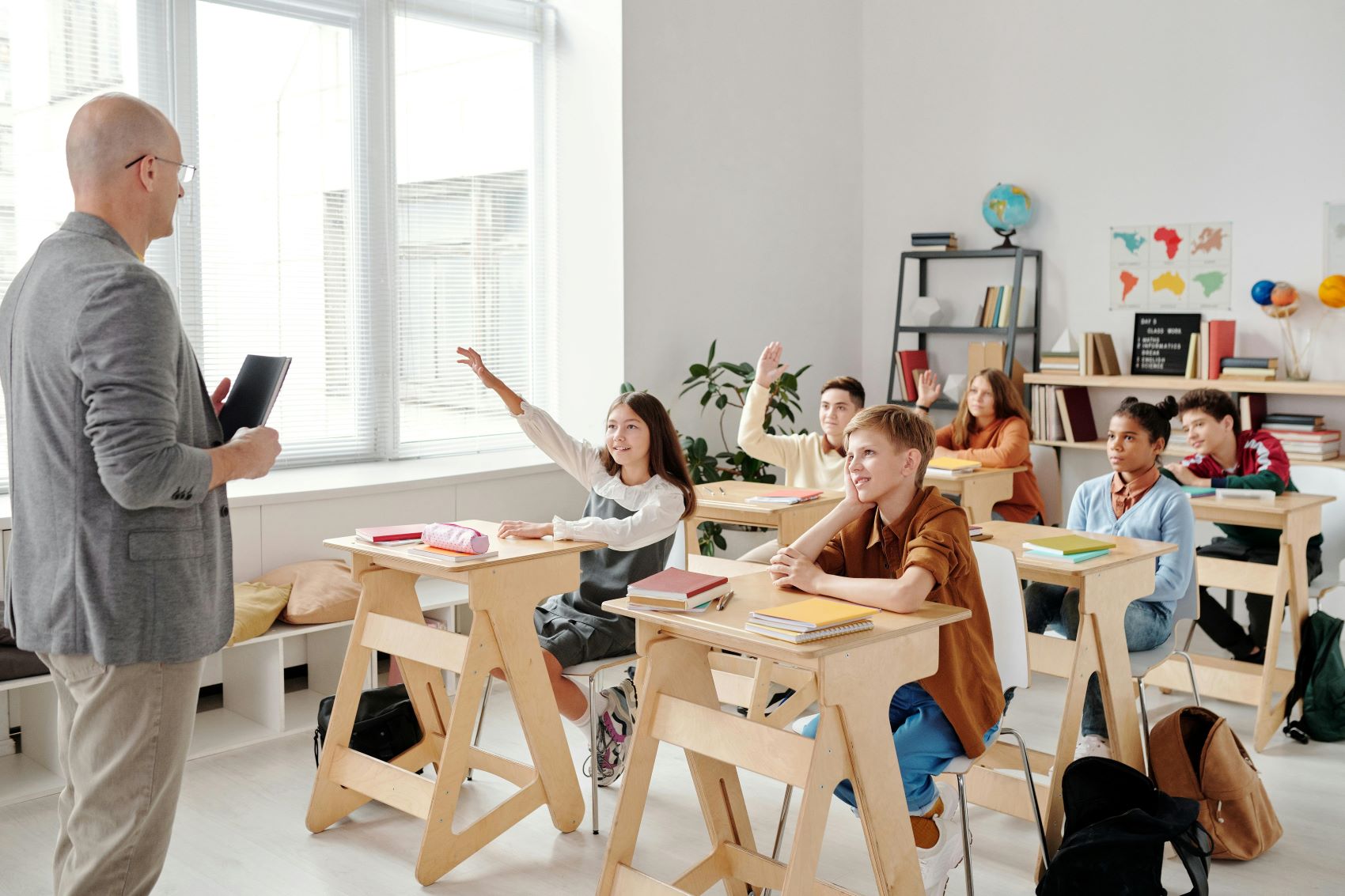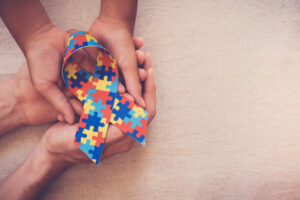
Benefits of Social-Emotional Learning For Children
- Posted by Pediatric Therapeutic Services
- Categories Blog
- Date May 10, 2024
Social-emotional learning (SEL) is an educational approach that uses emotional and social wellness techniques in typical academic lessons, including math, science, English, and the arts. SEL aims to help students build better relationships, navigate classrooms more easily, and improve self-management.
Therapists who work alongside Pediatric Therapeutic Services (PTS) use SEL techniques to help children achieve more and get the most out of their education.
Social-Emotional Learning Is For Everyone
SEL can be implemented in all classrooms, for entire classes of students and smaller groups who may need more support. PTS uses a Multi-Tiered Systems of Support (MTSS) approach that helps teachers and therapists provide children with the support they need when they need it. MTSS has three tiers of support:
- Tier 1: Classroom-Level Support
- Tier 2: Short-Term, Small Group Support
- Tier 3: Individual Therapeutic Support
In Tier 1, all students can benefit from daily lessons that integrate SEL practices. Those students who may require extra support can get additional SEL guidance in Tier 2. If a student requires individual attention, Tier 3 is available when needed. Students can transfer between tiers as their educational support needs require.
Social-Emotional Learning Improves the Mental Health of Children in Classrooms
A child’s mental health has a huge impact on how they perform in school. SEL provides students with the resources to regulate their emotions and handle more tasks independently. This can increase confidence and optimism in oneself.
SEL can also help children identify signs of depression or other mental health issues. They can seek help when they need it. A teacher or therapist may be more likely to notice the signs of mental health struggles during lessons. SEL may help children feel more connected to their classmates, which can reduce feelings of depression and social isolation.
Social-Emotional Learning Leads to Greater Academic Success
SEL has a positive impact on many students’ academic success. Kids who learn how to self-soothe and healthily communicate and discharge stress or frustration are more likely to do better on tests, including standardized tests, and complete more assignments.
Students who are less stressed may also have better attendance and retain information taught during class better. Children will learn how to switch tasks and divide their attention to complete daily lessons.
Social-Emotional Learning Helps Close Equity Gaps
Not every child comes from the same background. Their home life, socioeconomic background, and ability level can all affect how they perform in school. SEL can help narrow these gaps by teaching emotional coping techniques that a student in an advantaged position may learn at home and students with disadvantages may not. Children with disabilities or other organizations may have more ambient stress in their lives, which they can learn to manage at school.
Learning how to handle emotions can also lead to fewer class disruptions/outbursts, which helps keep students in their lessons and reduces possible learning loss.
Learn More About Implementing Social-Emotional Learning In Your Classroom
If you’re interested in implementing social-emotional learning into your school’s classrooms, contact PTS. The therapists working alongside PTS can help students achieve more and get the benefits of SEL. Reach out to PTS today.
You may also like

Autism Awareness Month

World Down Syndrome Day

